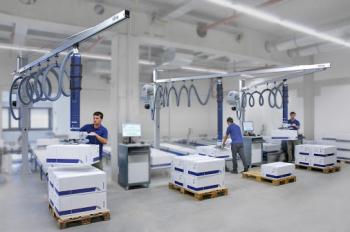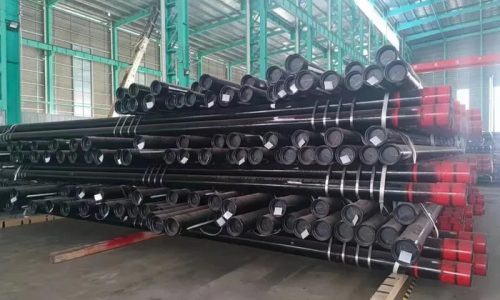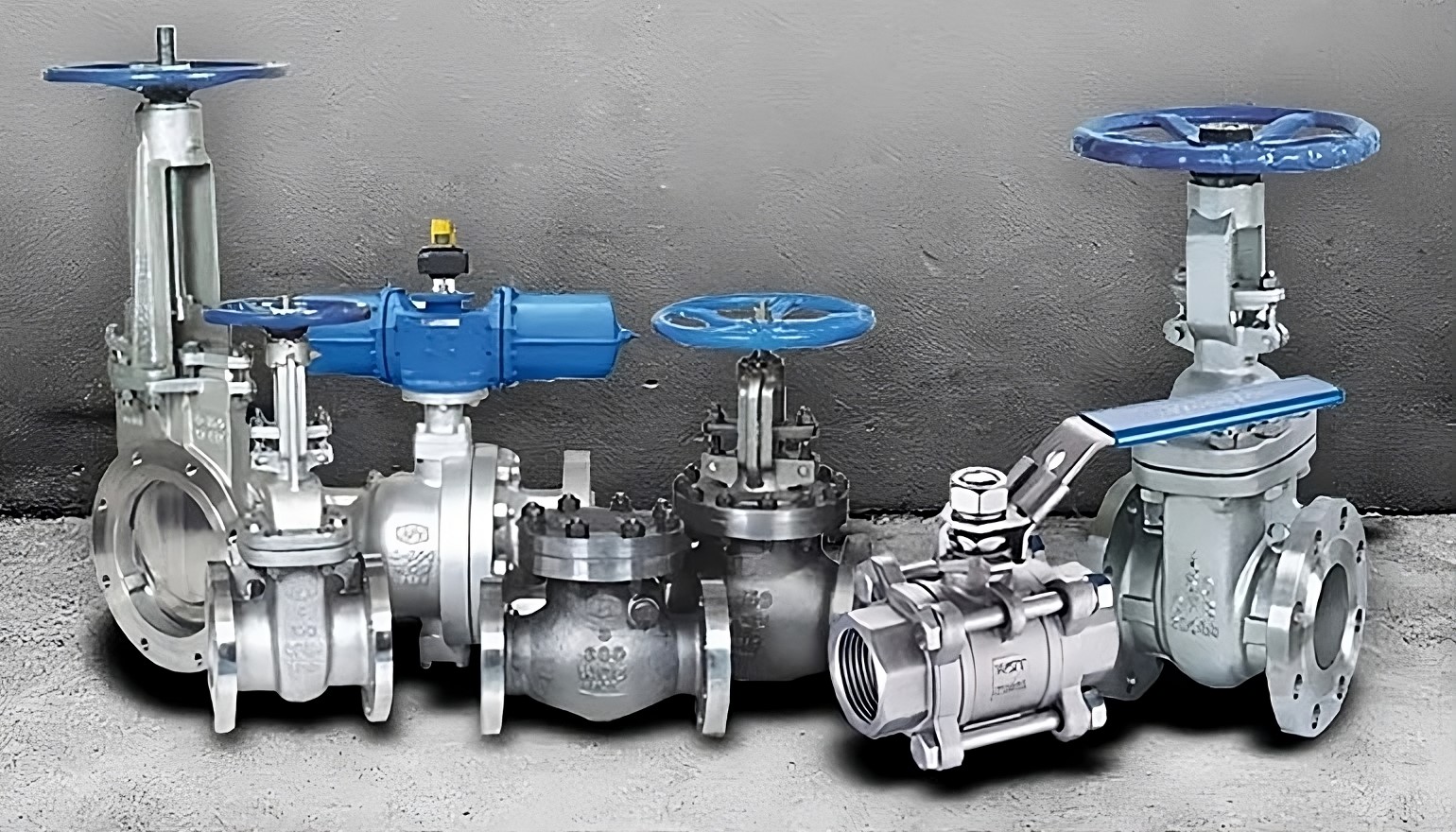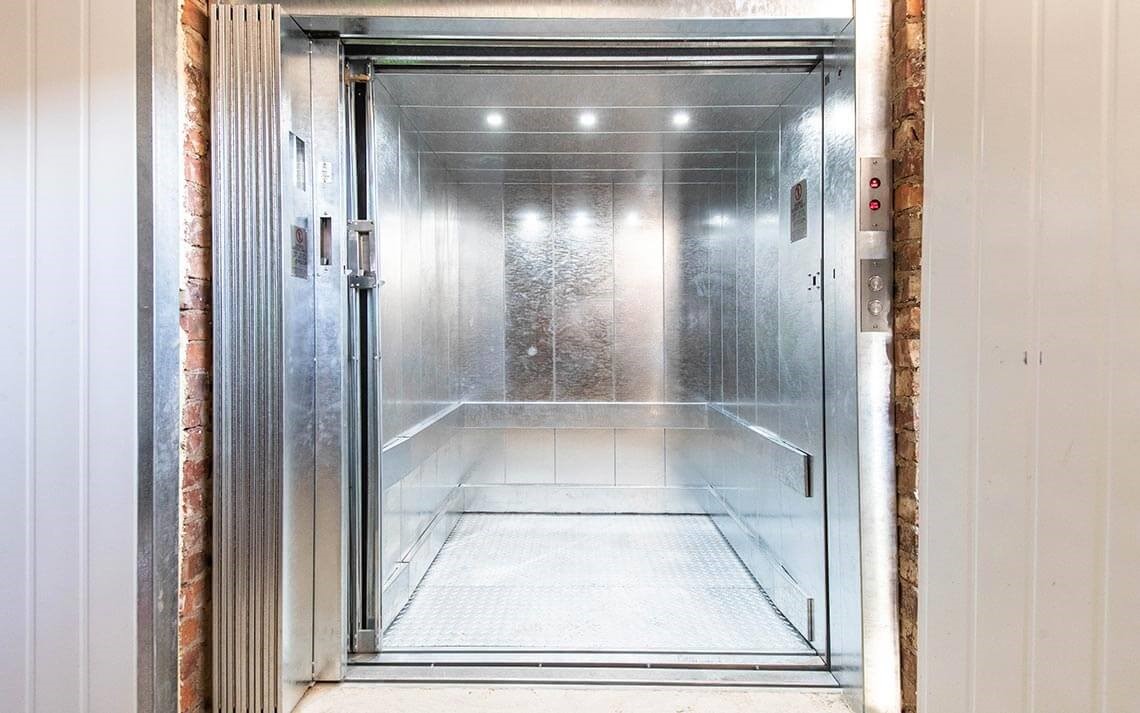When you think about the backbone of any industry, clean, efficient processes are at the heart of it. Filtration technology is one of those unsung heroes making it all possible. Imagine trying to produce high-quality products, operate machinery, or even simply manage waste without the ability to filter out contaminants. From keeping water supplies clean to ensuring precise chemical production, filtration technology impacts almost every sector. If you’re looking to understand why filtration matters, and more importantly, how to choose the right system, you’re in the right place.
Why Filtration Matters So Much
At its core, filtration is all about purity. No matter what industry you’re in, contaminants can seriously mess things up. Think about a food production line, any small contaminant can compromise product quality, not to mention pose health risks. In the oil and gas industry, impurities in fluids can damage equipment and lead to costly repairs. Even in electronics, microscopic particles can ruin the delicate components we rely on in everything from smartphones to medical devices.
Good filtration ensures that products meet safety and quality standards. It keeps equipment running longer and reduces environmental impact by cutting down on waste. It’s like putting a quality filter on the lifeblood of your operation.
Types of Filtration Technologies You Should Know
There are several types of filtration technologies available, each suited for different needs. Let’s break them down:
- Mechanical Filtration: This is the simplest form, where a filter physically blocks particles from passing through. Think of it like a sieve for liquids or gases. It’s often used in systems dealing with large particles, such as sediment in water treatment facilities.
- Chemical Filtration: Chemical filters work by neutralizing contaminants on a molecular level. They’re commonly used in industries where you’re dealing with dissolved impurities, like chlorine in water treatment or other hazardous chemicals.
- Biological Filtration: Biological filtration is mainly used in waste treatment and aquaculture. It relies on natural processes, using bacteria to break down harmful substances. It’s a great option for sustainable practices, as it uses nature’s own tools to maintain cleanliness.
- Magnetic Filtration: This is a specific type used mostly for removing metal contaminants. Industries with machining operations, for instance, love magnetic filtration because it removes metal fragments that could otherwise damage equipment.
Each type has its strengths and specific uses, which is why it’s important to know exactly what you’re filtering out before you pick a system.
Key Factors in Choosing the Right Filtration System
Choosing a filtration system isn’t a one-size-fits-all decision. Here are some things to consider when picking the best fit for your operation:
1. Particle Size and Type
The first thing to know is the size and type of contaminants you’re dealing with. Are they large sediment particles, fine dust, or even dissolved chemicals? This will determine the filter’s pore size or mesh structure. For example, water treatment plants often need both coarse filters for larger particles and finer filters to remove small impurities.
2. Flow Rate
The rate at which fluid or gas moves through your system matters a lot. A high-flow system, like those in large manufacturing plants, requires a filter that can handle heavy loads without clogging up too quickly. Choosing a filter that matches your flow rate will save you from constantly replacing or cleaning filters, ensuring your operation keeps running smoothly.
3. Operating Conditions
Think about the temperature and pressure your filtration system will face. Industrial filters for high-heat or high-pressure environments must be made from tough materials, like stainless steel or specific polymers, that won’t break down under extreme conditions. Filters not built to handle your operating environment will wear out fast, and that’s not just costly—it’s disruptive.
4. Cost and Maintenance
Some filters require regular maintenance, while others are built to be low-maintenance. High-maintenance systems might cost less upfront but lead to more downtime and long-term expenses. If your operations can’t afford to stop for frequent cleanings or replacements, investing in a more robust system with less upkeep will pay off in the long run.
5. Environmental Impact
Today, choosing an eco-friendly filtration system is increasingly important. Look for filters that produce less waste or are made from sustainable materials. Biological filtration, for example, is a more sustainable option in some wastewater treatments, as it doesn’t require chemicals or create hazardous by-products. Reducing your environmental footprint is not only good for the planet but can also align with your company’s sustainability goals.
Filtration in Action: Real-World Applications
Let’s bring these considerations to life by looking at how filtration is used in a few key industries:
- Food and Beverage: In the food industry, filtration keeps products free of contaminants, preserving both quality and safety. Mechanical and chemical filtration systems are often used to remove impurities and bacteria from liquids like milk, juice, and soft drinks.
- Oil and Gas: This industry relies on filtration to remove contaminants that could harm equipment or reduce fuel quality. Filtration systems here are highly specialized, often using magnetic filters for metal particles and chemical filters to remove trace impurities.
- Pharmaceuticals: Pharmaceutical manufacturing demands extremely high purity. Fine filtration, such as reverse osmosis, removes bacteria and other microscopic particles, ensuring that medications meet strict safety standards.
- Electronics: Dust and other airborne particles can interfere with the sensitive components used in electronics. Cleanrooms and air filtration systems play a crucial role in preventing contamination in semiconductor manufacturing.
Maintenance Tips for a Long-Lasting Filtration System
No matter what type of filtration system you choose, maintenance is essential for longevity and effectiveness. Here are a few simple yet effective tips to keep your filtration system in top shape:
- Regular Inspection: Check filters for any visible wear or buildup. Catching issues early can prevent larger problems down the line.
- Schedule Replacements: Every filter has a lifespan. By tracking replacement schedules, you’ll avoid breakdowns that can lead to costly downtime.
- Cleaning: In some systems, filters can be cleaned rather than replaced. Regular cleaning can help your system stay efficient without needing constant new parts.
- Check Seals and Connections: A filtration system is only as good as its weakest point. Ensuring that all seals and connections are tight and secure helps prevent leaks and contamination.
The Future of Filtration: Cleaner, Smarter Solutions
As industries push toward greater efficiency and sustainability, filtration technology is also evolving. We’re seeing more advanced systems that can filter with precision down to the nanoscale. And with IoT integration, smart filtration systems now monitor their own performance, making adjustments and alerting operators when maintenance is needed.
There’s no doubt that filtration technology will keep advancing, making processes cleaner, safer, and more efficient across industries. When you choose the right filtration system, you’re not just improving operations—you’re contributing to a cleaner, more sustainable future.
Conclusion
At the end of the day, filtration isn’t just a technical aspect of industrial processes; it’s a foundation for quality, safety, and sustainability. By understanding what your operation needs and selecting a system that fits, you’ll be setting up your business for success while protecting both your equipment and the environment.





